Infectious Diseases in Indore
Infectious Diseases Unit: Your Partner in Infection Prevention and Control
In the Infectious Diseases Hospital in Indore, our topmost priority is to prevent the transmission of diseases. We are dedicated to providing internationally recognized infection control programs and practices to minimize the risk associated with the spread of infections. Our team consists of highly qualified Hospital infection control officers and Infection control nurses, who are deeply committed to upholding safe infection prevention practices and continuously seeking improvements. To create a secure environment for all patients and visitors, we have established a Hospital Infection Control Committee (HICC), which conducts regular training sessions for medical staff on infection prevention and control.
Infectious Diseases Treatment in Indore
At Jupiter Hospital, the treatment of infectious diseases is centered around evidence-based techniques known as Care Bundles. These techniques collectively enhance patient outcomes. To ensure the highest standards of care, we offer a competency-based training program for all personnel involved in patient care, whether they are directly or indirectly responsible.
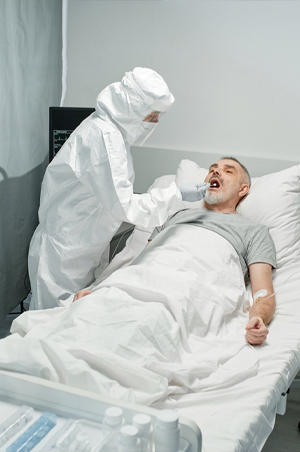
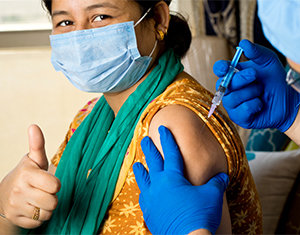
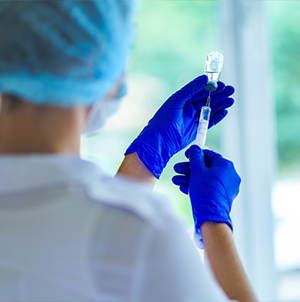
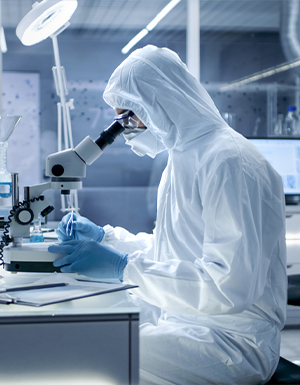
Looking for the Infectious Diseases in Indore
- Hand Hygiene: We advocate the preferential use of alcohol-based hand rub (ABHR) in line with WHO guidelines. Monthly monitoring and compliance audits ensure the effectiveness of this practice, and healthcare providers are educated on the importance of proper hand hygiene.
- Prevention of Ventilator-Associated Pneumonia (VAP): Our respiratory therapy team provides comprehensive care and infection prevention practices for ventilated patients, including daily assessments of ventilator needs.
- Prevention of Catheter-Associated Urinary Tract Infection (CAUTI): Physician and nurse employ evidence-based clinical care to reduce CAUTI rates through strict aseptic catheter insertion techniques.
- Prevention of Central Line-Associated Bloodstream Infection (CLABSI): A daily checklist is employed to assess patients with central venous catheters to ensure proper insertion and maintenance, as part of our Care bundle.
- Personal Protective Equipment (PPE): We provide necessary supplies for personal protective equipment and educate staff on their proper use in line with Standard and Transmission-based Precautions.
- Injection Safety: Safe injection practices are followed for the preparation and administration of parenteral medications, ensuring patient safety.
- Prevention of Surgical Site Infection: We follow CDC guidelines and provide follow-up care for patients, even after their discharge from the hospital, when they visit the OPD for doctor appointments. We also highlight the contact person for patient convenience.
- Environmental Cleaning: We emphasize on the fundamental principles for infection prevention and waste management within the hospital setting.
- Device Reprocessing: Our hospital adheres to comprehensive protocols for reprocessing critical devices and strictly follows a single-use policy.
- Systems to Detect, Prevent, and Respond to Healthcare-Associated Infections and Multidrug-Resistant Organisms (MDROs): We have robust systems in place for the detection, prevention, and response to healthcare-associated infections and MDROs.
- Biomedical Waste Management: We strictly adhere to practices for the storage, segregation, transport, and disposal of hospital waste in line with National Guidelines.
- Isolated Rooms for Infected Patients: Our dedicated Intensive Care Unit features isolated rooms for infected patients to prevent the spread of infections to other patients.
As a visitor, you play a crucial role in infection prevention at our hospital:
- Maintain Hand Hygiene: Clean hands are your best defense against infection. Please use our handwashing facilities and hand sanitizer dispensers before visiting a patient.
- Avoid Visiting When Unwell: If you are not feeling well or suffering from an infection, such as the flu or viral fever, please refrain from visiting the hospital.
- Cover Your Mouth and Nose When Sneezing: Be sure to cover your mouth and nose while sneezing to reduce the risk of infection spread near patients.
- Utilize the Hospital Cafeteria: We have a modern cafeteria with comfortable seating. Please make use of this facility to enjoy your meals and snacks.
- Use Public Toilets: We have clean and separate toilets for visitors. Kindly avoid using the patient's washrooms.
- No Flowers or Outside Food: Sending flowers for patients or bringing outside food for them is strictly prohibited. We prioritize patient safety and adhere to food safety regulations.
Patients Speak
Hear the heartwarming stories of patients overcoming difficult afflictions
















 View Map
View Map Book an Appointment
Book an Appointment Find a Doctor
Find a Doctor Health Check-up
Health Check-up




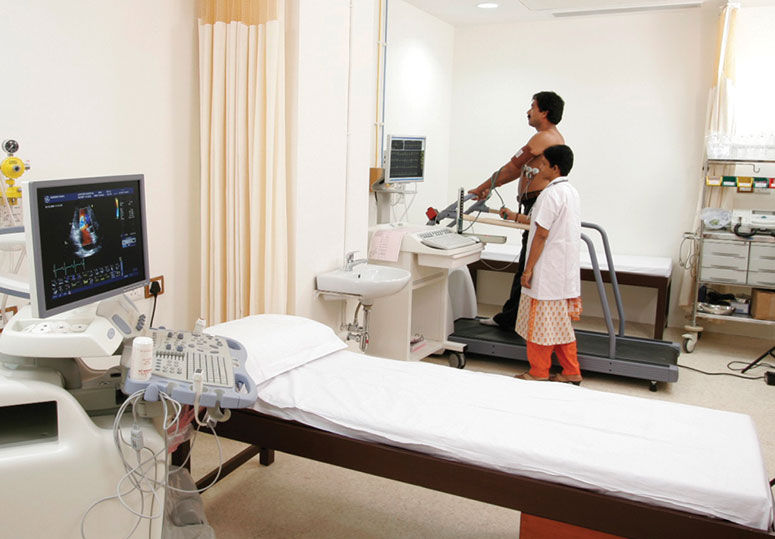
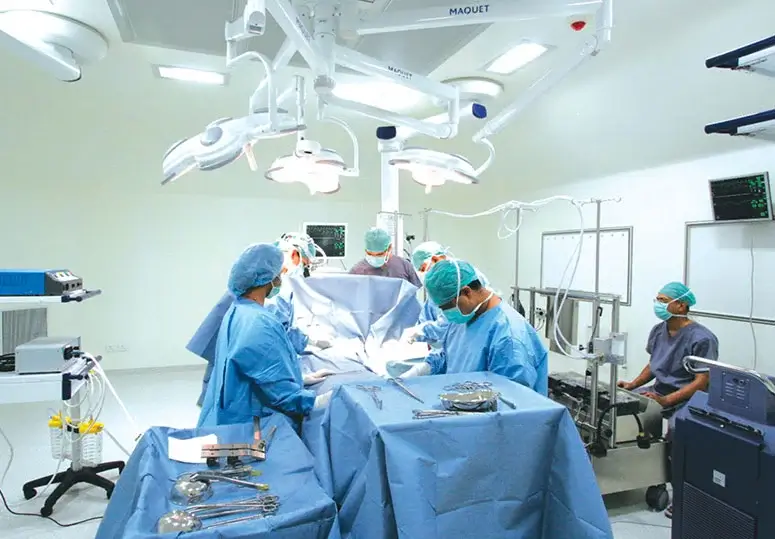




 Find a Doctor
Find a Doctor Health Checkup
Health Checkup Book an Appointment
Book an Appointment